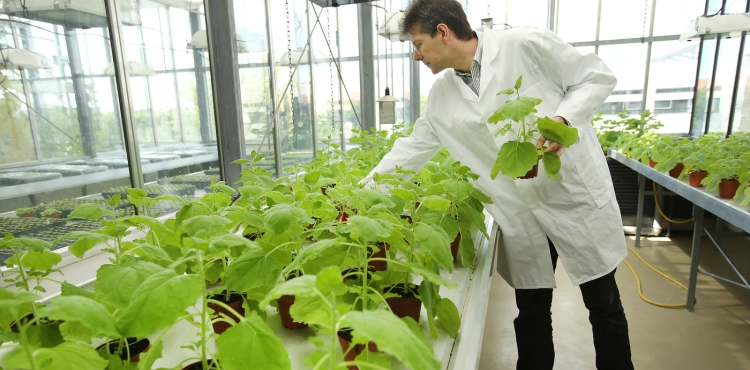A research team of the Chinese Academy of Sciences has made a breakthrough in increasing photosynthetic efficiency and plant productivity under thermal stress.
Global warming is causing stress in global food production and threatening food security around the world. The research, led by Guo Fangqing from the National Principal Laboratory of Plant Molecular Genetics under the Chinese Academy of Sciences, aims to explore the prospects of food security under climate change.
The team members spent six years developing genetically modified plants for Arabidopsis, tobacco and rice. The researchers found that thermal stress inhibits photosynthesis of plants and leads to severe loss of D1 subunit protein in chloroplasts, which greatly reduces photosynthetic efficiency and grain yield thus.
Through genetic and cloning methods, the team developed new plant strains with better photosynthesis and higher heat resistance and productivity than wild species.
An article on this research was published in the latest issue of the international journal "Nature Plantes" on Tuesday.
According to Guo records, the productivity of genetically modified rice in the team´s two education bases in eastern China and Hainan Province in southern China are 8.1 percent and 21 percent of their wild species, respectively.
"We built a double-track mechanism to synthesize D1 protein in plants. The first is the pathway of the natural green chloroplasts of the plant, and the other is the pathway of a genetically modified nucleus. By adding another synthetic pathway, we will provide plants with enough D1 protein to improve photosynthesis efficiency and crop productivity." What Guo said.
The mechanism was also used on Arabidopsis and tobacco plants, indicating the same effect.












